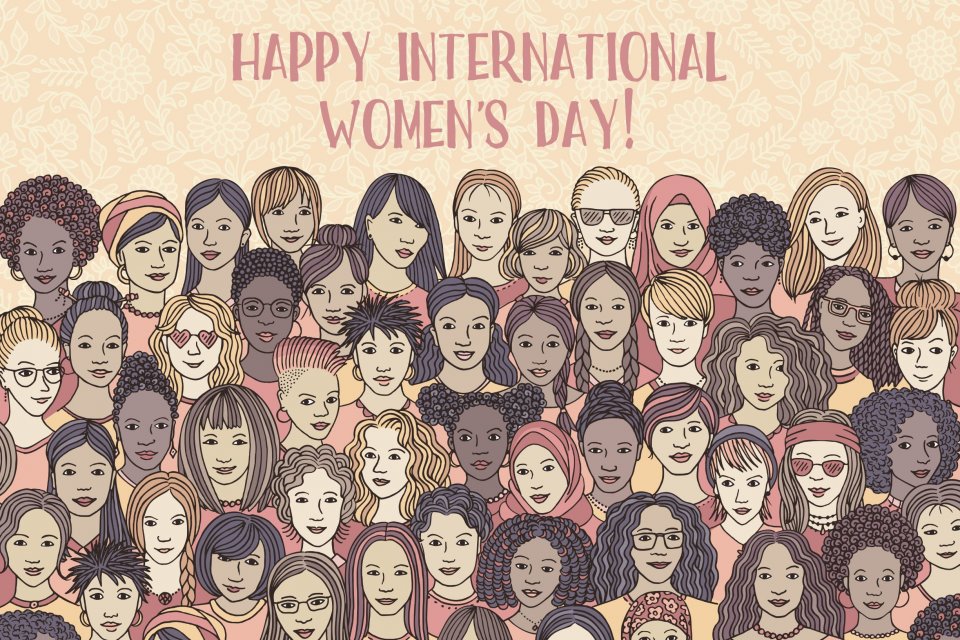
Common Myths About Women At Work That Are Just Wrong !
In my latest book Leadership Revelations III How We Achieve the Gender Tipping Point, I interviewed 91 women from 10 countries, and across four generations, from Veterans to Generation Y, to ascertain the most common myths about women at work that are simply wrong! Here is a summary of those myths, by generation and internationally:
| Common myths about women at work | Vet | BB | X | Y * | Intl |
| Women are not as ambitious and competitive as men | ✓ | ✓ | ✓ | ✓ | ✓ |
| Women are less committed at work once they have children | ✓ | ✓ | ✓ | ✓ | ✓ |
| Women get too emotional, and don’t like conflict | ✓ | ✓ | ✓ | ✓ | ✓ |
| Women want it all | ✓ | ✓ | ✓ | ✓ | |
| Women do not aspire to leadership roles | ✓ | ✓ | ✓ | ✓ | |
| Women with children don’t want senior roles | ✓ | ✓ | ✓ | ||
| Women are not as strong as men, physically and mentally | ✓ | ✓ | ✓ | ||
| Women don’t need rewarding work and don’t care about the money | ✓ | ✓ | ✓ |
There is not much more to be said about these myths except that they are exactly that—myths—and women felt strongly about this topic. It is telling that the three most common myths all women agreed on regardless of age or cultural background, was that women are not as ambitious as men, women with children are less committed, and women get too emotional.
In the interviews it was obvious that the different generations held the same view that women are as competitive as men, noticeable by how much time and money they spend educating themselves and preparing for their careers. I do believe the biggest challenge for women is that they wait until they believe they are 100% ready for the job. My own research has found this, as has studies completed across the globe. In fact, in her book Nice Girls Don’t Get the Corner Office (2004), Lois Frankel advises women to stop striving for perfection. She says, ‘Strive for 80% perfection. The difference between 80% and 100% won’t be noticed by people but will buy you more time to shift to other important tasks.’ And as one of the contributors has pointed out if women are 100% ready for a role, what’s left to learn?
As I walked my dog last week, one of the locals asked how my book was going and was interested in my key findings. I happened to mention the myth about women with children being less committed. She is a woman in her late 40s or early 50s, with five children, working and running a household. She snorted contemptuously when I told her it was one of the top three myths about women, and said, ‘Please … we are more organised, capable, efficient and get more done than the men we work with who only have one thing to think about—their job.’ And this is why women are so offended by this myth. I was a single mother from when my children were in primary school, working in investment banking and financial services 60-70 hours per week, travelling interstate and overseas. We were the only household I was aware of with a labelled linen press, labelled baskets in the pantry, and time tables and house rules on the refrigerator door, but it worked and my children completed high school and university without becoming criminals and are caring, capable human beings. Working mothers with school-aged children are generally well organised, productive and efficient realising they have limited time to do many things. Their commitment to their career is not diminished by their commitment to their children and family life.
need to ask ourselves when someone is being emotional whether it is emotional, or simply passionate and animated. We need to question whether we would be willing to say that a male colleague is being too emotional when they express emotion, rather than excusing bad behaviour—shouting , abusive language, rudeness—as, ‘that’s just the way he is’. I have certainly heard that said about a man on many occasions in different industries and companies I have worked in; equally I have heard derogatory remarks made about women expressing their emotions relating it back to ‘that time of the month’ and ‘just too emotional’.
The issue of conflict in the workplace is more about personality types and communication styles rather than gender. If you look at different personality types and communication styles, depending on the tool you are using, certain types and styles will avoid conflict rather than address it, and one style is generally the one creating the conflict in the first place—the direct and dominant style! Interestingly many men fall into this communication style. We need to stop stereotyping women as avoiding conflict, they just have a different approach to resolving it, though at times the approach may be more indirect than men.
Baby Boomer women clearly feel strongly about workplace attitudes to female part-time workers, being seen as less committed. This was certainly their experience when many of them returned to work part-time after having children. In some countries snaring a husband with a good job is still seen as more important than having a good job yourself as a woman, and this caused angst among the younger Generation X women, particularly those from Asian countries. Our wise elder tribal leaders, the Veterans, reminded us all again that men of their generation were more concerned that giving women equality at work would be disadvantageous for men!
If we want to eliminate these myths from our thinking, then we need to change our thinking, challenge the status quo and genuinely give people a “fair go” .Let go of the past and old ways, live in the present and embrace a different future with new ways of thinking and living!
@avrilhenry




